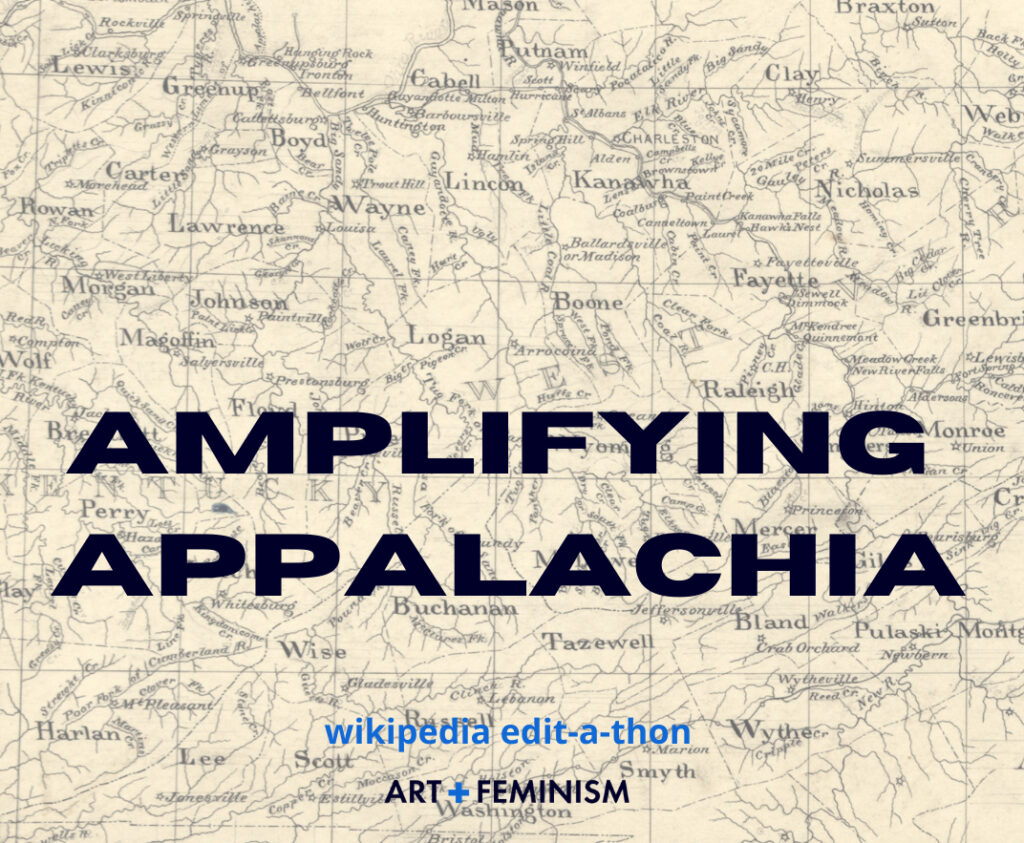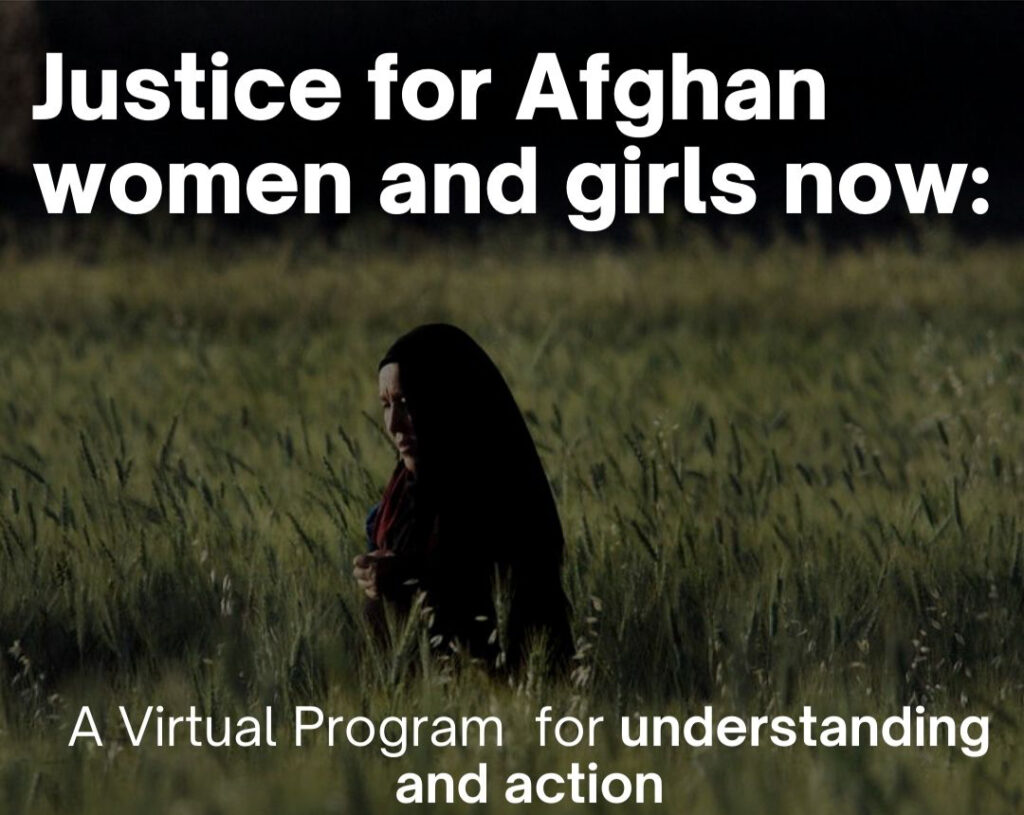American Ginseng in Appalachia: a Sengin’ Goldmine
Posted by Admin.February 1st, 2022
Last summer, I was lucky enough to be chosen as an intern for the Smithsonian Center for Folklife and Cultural Heritage’s American Ginseng Project. Because of the ongoing pandemic my internship was virtual, but that doesn’t mean my experience was lacking. In fact, it was quite the opposite!
Now, I’ll be the first to admit that before this experience, my knowledge of ginseng was almost non-existent. Don’t ask me how, as a native West Virginian, I had never heard of this amazing plant before, (aside from ingredient labels on multivitamins) but I hadn’t. So you can imagine that it came as a shock to me to learn about how prominent ginseng and ginseng culture is in Appalachia.
Highly prized for its medicinal properties, American Ginseng, like it’s Asian counterpart, thrives in mountainous regions. Thus, Appalachia is the perfect home for ginseng to be “forest farmed” (Visit West Virginia Forestry’s website for more information about ginseng farming, digging season, and ginseng laws).
The American Ginseng Project “presents the stories of a wide variety of people with intimate knowledge of the harvest, cultivation, trade, medicinal use, and conservation” of ginseng. The stories are presented in the form of ginseng profiles, which allow website visitors to dive deeper into the world of ginseng farmers, harvesters, sellers, conservators, researchers, and academics.
I spent my summer focusing on this project in a variety of ways. First, I aided my supervisors with research by digging into WVRHC’s archives. After getting some preliminary information from our collections, ( I recommend this folder if you want to come in and learn more!) I then got to work organizing contact information for the ginseng profiles. While entering phone numbers and emails into Microsoft Excel may not seem like the most exciting way to spend a July afternoon, it allowed me to learn about the diversity in the Appalchian ginseng world.
From people like Ed and Carole Daniels, who harvest ginseng for their company Shady Grove Botanicals, to West Virginia University Professor Emeritus James McGraw, the ginseng profiles showcase the diversity in ginsenging. My favorite thing about the profiles is that it details the work of Appalachians who have spent their lives working trade jobs, alongside profiles of National Park Rangers and professional chefs. The world of ginseng and ginseng research is truly open to anyone and everyone (Again, please make sure to check out your local ginseng laws, and ‘seng responsibly!)
While my internship certainly wasn’t traditional, it gave me the opportunity to step my toes into the waters of digital humanities, while also learning about an important plant native to where I grew up. I urge everyone to take a look at the American Ginseng Project, and spend a few minutes learning something new. And, if you have your own ginseng stories, the project will allow you to share them on the website with the click of a button. A win win!
This post was written by Katie Saucer, Graduate Service Assistant and Public History Master’s student.







